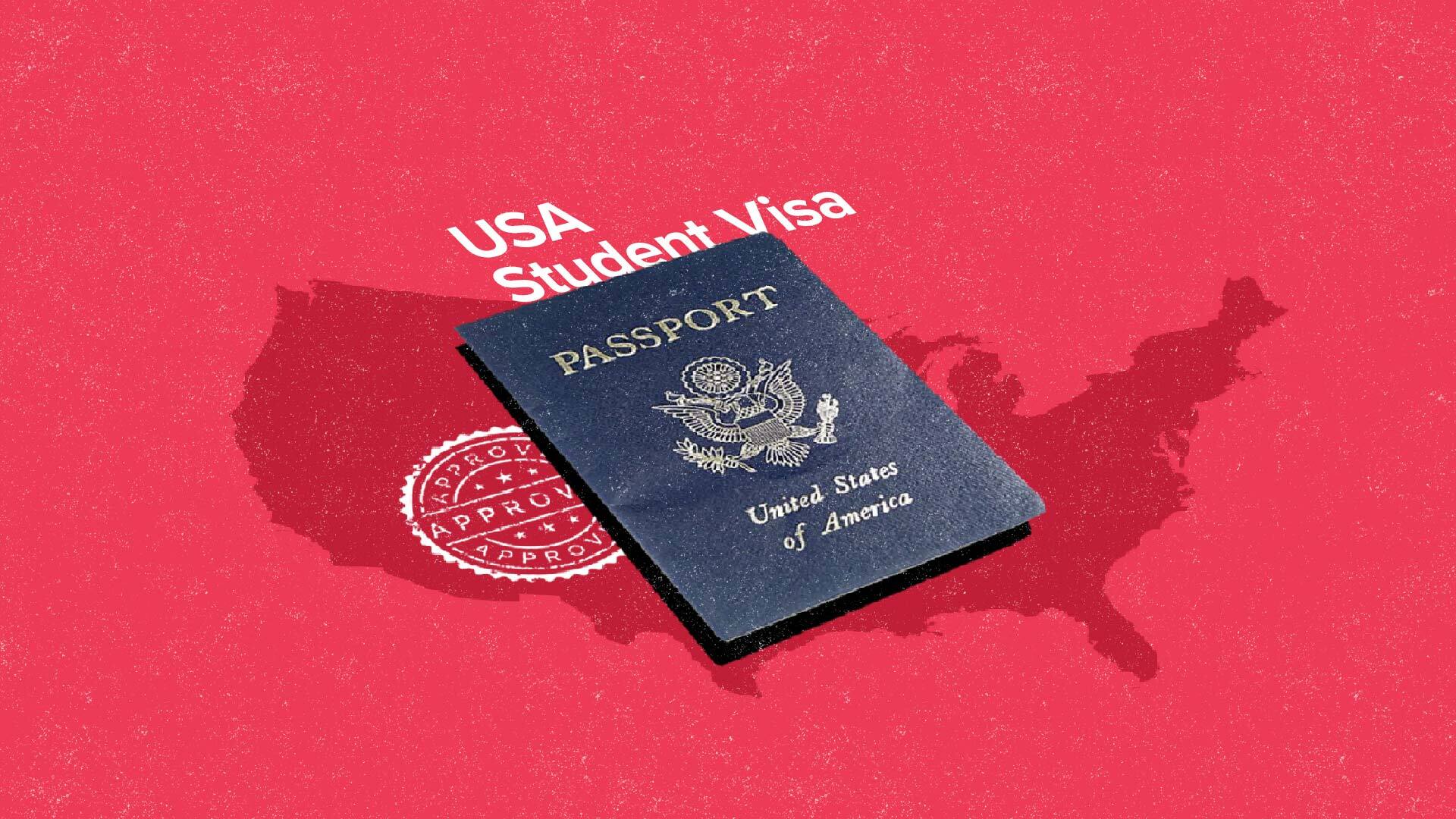How to secure a working visa to Canada as a nurse in Africa
Many nurses from the African continent have over the years been migrating to other developed countries to chase better opportunities.

Many nurses from the African continent have over the years been migrating to other developed countries to chase better opportunities. The continent keep losing nurses due to what many described as poor working conditions of Service on the continent. Since many are still willing to relocate, here are a few tips to serve as a guide through their adventure.
Applicants should note that immigration policies and procedures may change over time, so it’s important to refer to the official Canadian government website or consult with a professional for the most up-to-date information.
Determine Eligibility: Before applying for a working visa, ensure you meet the eligibility criteria set by the Canadian government. This may include having a job offer from a Canadian employer, meeting language requirements (English or French), having the necessary qualifications and experience, and passing medical and security checks.
Obtain a Job Offer: You’ll need a job offer from a Canadian employer to proceed with the visa application. Your employer must demonstrate that they have tried to fill the position with a Canadian citizen or permanent resident before hiring you.
LMIA (Labour Market Impact Assessment): In most cases, your Canadian employer will need to obtain an LMIA from Employment and Social Development Canada (ESDC). The LMIA confirms that there is a genuine need for a foreign worker to fill the job and that there are no qualified Canadians available to do the job.
Apply for a Work Permit: Once the LMIA is approved, you can apply for a work permit. You will need to provide the necessary documentation, including the job offer letter and LMIA confirmation. You can apply online through the Immigration, Refugees and Citizenship Canada (IRCC) website.
Language Proficiency: Depending on the province and the regulatory body for nursing, you might need to prove your language proficiency in English or French. This is often done through language tests such as IELTS or CELPIP for English, or TEF for French.
Credential Evaluation: You might need to have your nursing credentials evaluated by a recognized Canadian authority to ensure they meet Canadian standards. Each province may have its own regulatory body for nursing that you need to be registered with.
Medical and Security Checks: You will likely need to undergo medical examinations to ensure you meet the health requirements for entering Canada. You’ll also need to pass security and criminal checks.
Biometrics: In some cases, you may need to provide biometric data (fingerprints and photograph) as part of your application.
Application Processing: After submitting your application, it will be reviewed by IRCC. Processing times can vary, so it’s important to check the current estimated processing times on the official IRCC website.
Travel and Arrival: Once your work permit is approved, you can make travel arrangements to Canada. Make sure to carry all the necessary documentation with you when you travel.
Remember that immigration processes can be complex, and it’s highly recommended to seek advice from an immigration consultant, lawyer, or a recognized representative to assist you throughout the process. Always refer to the official Canadian government website (IRCC) for the most accurate and up-to-date information on visa requirements and application procedures.



